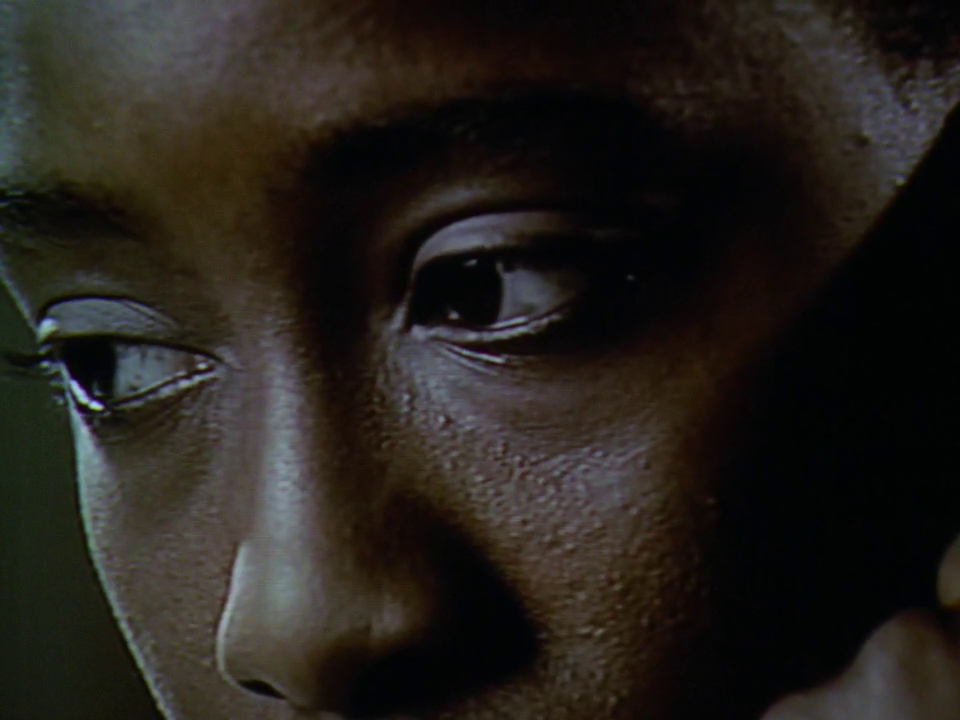
Cheryl, played by Dunye, is a video-store clerk who moonlights as a documentary filmmaker. Her most recent project finds her tracing the story of Fae Richards, a gay, black 1930s actress credited only as “the watermelon woman” whose roles as mammies and housemaids did not do justice to her elusive and complex life.
“It might be telling that Dunye came up with the story of the Watermelon Woman when she was in graduate school: She was travelling back and forth between the Lesbian Herstory Archives in New York and the Library of Congress in D.C., trying to learn about black women in early cinema, only to find that many of the actors were credited by racist monikers or not at all. She began to feel frustrated by the lack of documentation, by the lost lives and unacknowledged gifts of actors and filmmakers whose stories she couldn’t access. In the film, the Watermelon Woman becomes a stand in for all these people, for the talent, humor, and courage that our culture misses out on when we determine that some people aren’t worth paying attention to. ‘Sometimes you have to create your own history,’ the end credits say. ‘The Watermelon Woman is fiction.’”
Moira Donegan1
“Dunye flirts, as she does with her video store customers, with the notion that unearthing our own hidden histories and precedents brings us closer to discovering the truth about ourselves. A seemingly-filler vignette of Cheryl joyously dancing after discovering the birth name of the Watermelon Woman coyly suggests that she is animated by her increasingly concrete knowledge of the existence of someone seemingly like her.”
Lydia Ogwang2
“Camille Paglia puts in a self-parodying cameo appearance as herself arguing that black stereotypes of the mammy and of watermelon eating shouldn’t be seen as demeaning but as symbols of abundance and fruitfulness. ‘Look at what white middle-class feminists stand for!’ Ms. Paglia scoffs. ‘Anorexia and bulimia!’”
Stephen Holden3
- 1Moira Donegan, “The Watermelon Woman Shows the Power of Gay History”, The New Republic, 2017.
- 2Lydia Ogwang, “The Watermelon Woman. Visions from queer, black filmmaker Cheryl Dunye”, TIFF, 2016.
- 3Stephen Holden, “On Black Films and Breezy Lesbians”, The New York Times, 1997.

